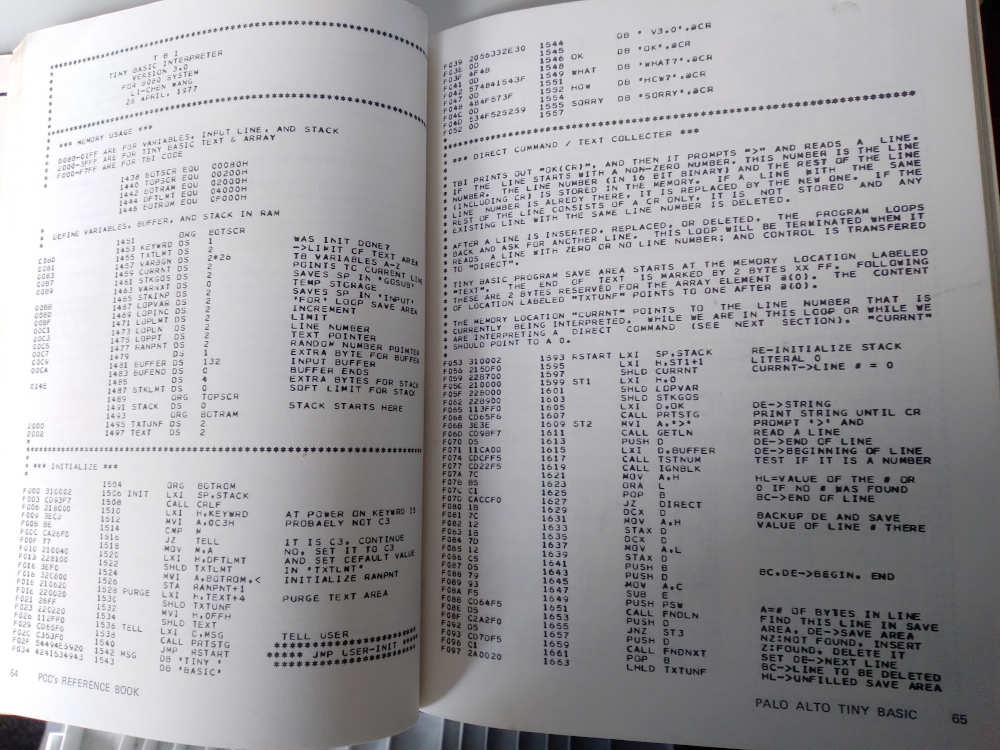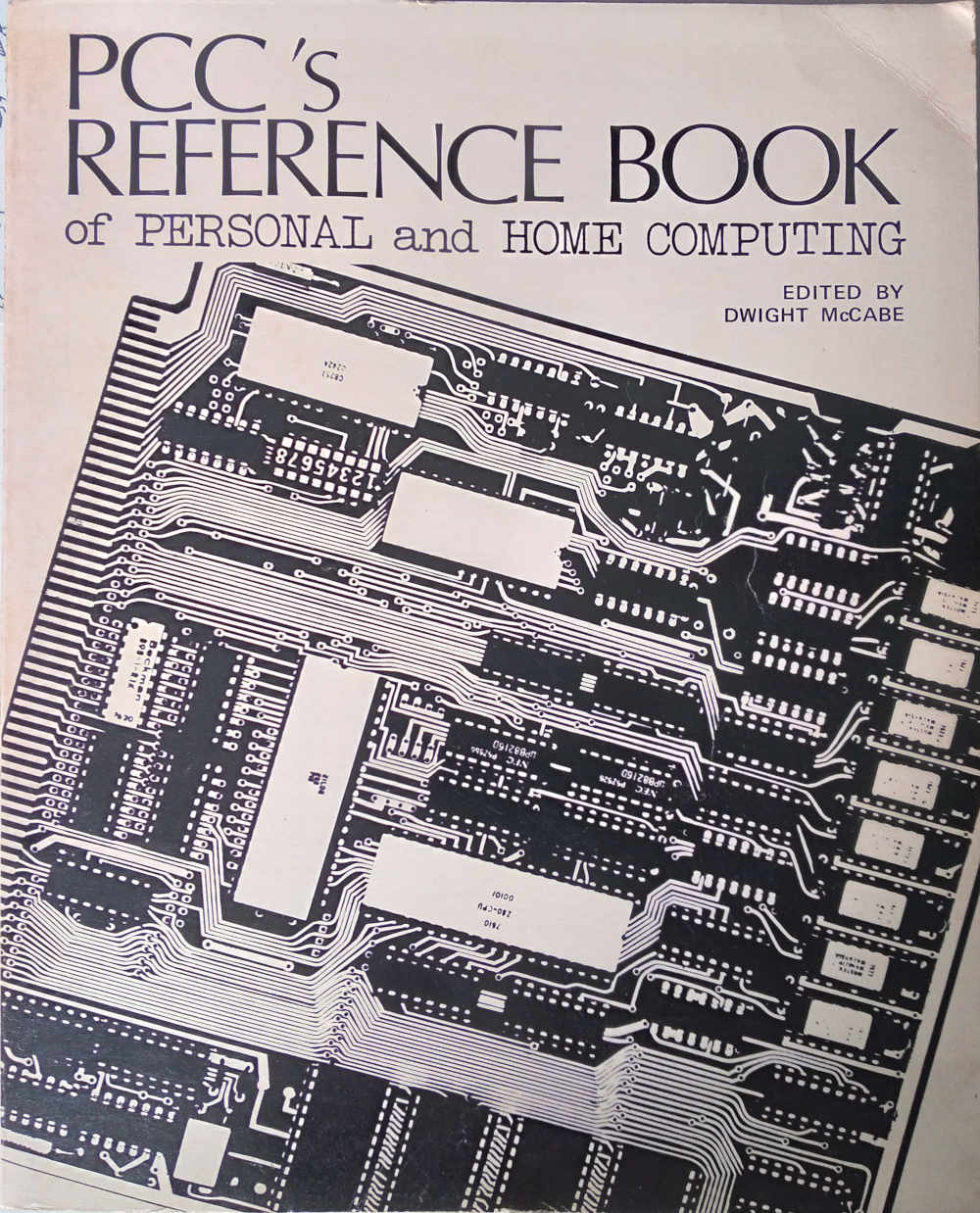| BASIC Turns 60 |
| Written by Mike James | |||
| Thursday, 02 May 2024 | |||
|
On May 1,1964 the first BASIC program ran and the world was about to change. Now when we look back it is easy to be critical, but these were different times. Most people know BASIC because of its use as the standard language of the home computer in the 1980s. Perhaps one of the best known versions of BASIC was QBASIC. It was included with every copy of MS-DOS 5.0 and lots of people, including Bill Gates, used it to create games programs that might be unimpressive today, but at the time... BASIC, Beginner's All-purpose Symbolic Instruction Code, was invented at Dartmouth College by John Kemeny and Thomas Kurtz to teach computing to students. It was an incredibly simple language and was closer to the machine than you might expect. Early home computers were very under-powered and they only had a few kilobytes of memory. The very idea of running a "high-level" language seemed silly. What a waste of bytes, was the general opinion. When Tiny Basic came along it was a shock as it fitted into 4K with just enough space left, 790 bytes, to write a small program. Tiny Basic was the open-source version of Microsoft's Basic, which was very much not open source. The original interpreter was published in its entirety in PCC, the Peoples Computing Company newsletter, and it made for very interesting reading. You can see below a reprint of the listing of Palo Alto Basic, which was based on Tiny Basic, in PCC:
Yes, you were expected to type it all in and try to save it on a not-very-reliable storage device - usually an audio cassette recorder. Can you imagine the reaction to just getting to the end and discovering that the cassette cannot be read back! It happened all the time and we just started over. You would learn a lot about the program by typing it in - is this the missing ingredient in today's software? Back then BASIC was very, well, basic. Variables could only have single letter names and they were integers, GOTO was essential and its targets were always line numbers. We had to wait a long time to get floating point and even longer before subroutines were fully implemented with parameters and local variables. It is amazing that so much was achieved using such limited tools, but it has to be admitted that many of the programs were very, well, yes here I go again, basic. Usually simple calculators that worked out things that were only just a little too difficult for a pocket calculator. Any attempt at games were all text-based and very limited. And yet this was the beginning and I think everyone involved knew that things could only get better - and they did. QBasic gave us a really usable language and color graphics. Visual Basic gave us a GUI interface and an almost object-oriented language. In the end BASIC was a dead end. There is little point in trying to develop it further into a 21st century language because it really doesn't have anything to offer but its, well, basic-ness. Basic at 60 is a trip down memory lane.
Related ArticlesKemeny & Kurtz - The Invention Of BASIC The Rise Of People Power - Computer Languages in the 1970's Historical Highway Marker Celebrating BASIC Happy 50th Birthday Basic - Try QuickVB To Celebrate Born This Day In 1928 Thomas Kurtz, Co-Founder of BASIC Born This Day In 1926 John Kemeny, Co-Founder of BASIC Small Basic - The Programmer's Guide
To be informed about new articles on I Programmer, sign up for our weekly newsletter, subscribe to the RSS feed and follow us on Twitter, Facebook or Linkedin.
Comments
or email your comment to: comments@i-programmer.info <ASIN:1871962404>
|
|||
| Last Updated ( Thursday, 02 May 2024 ) |



